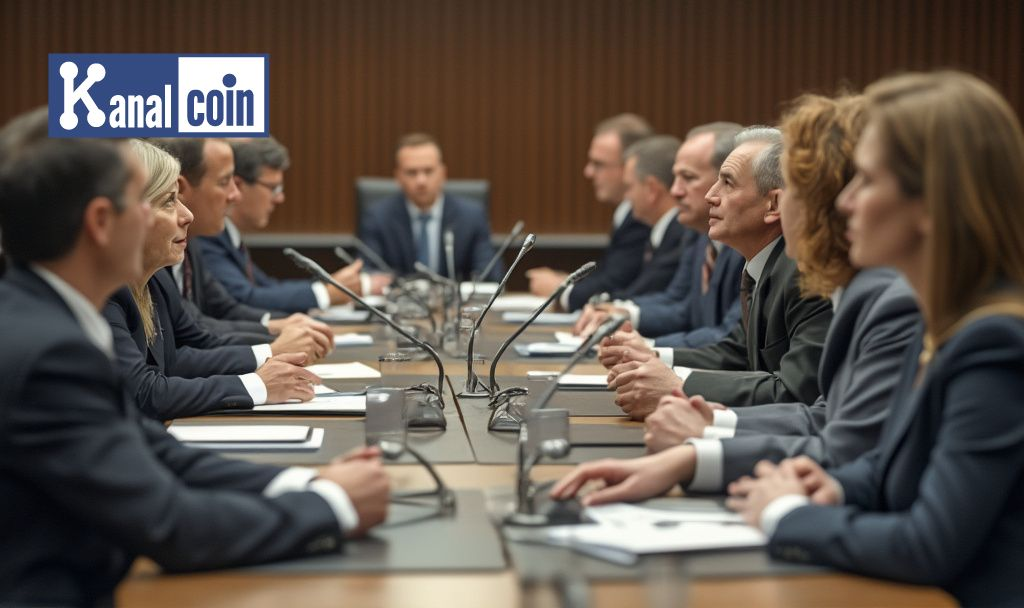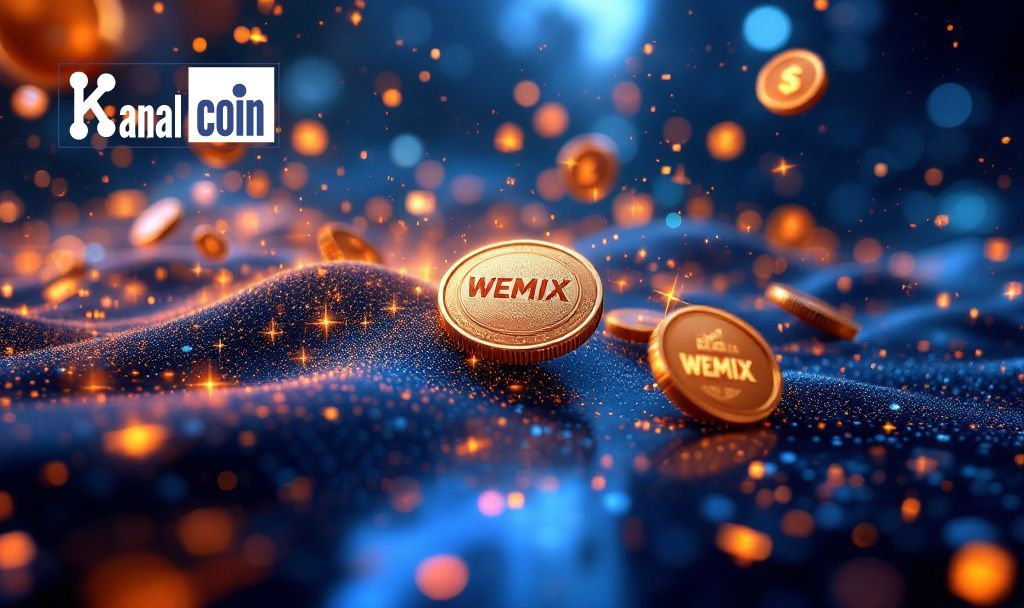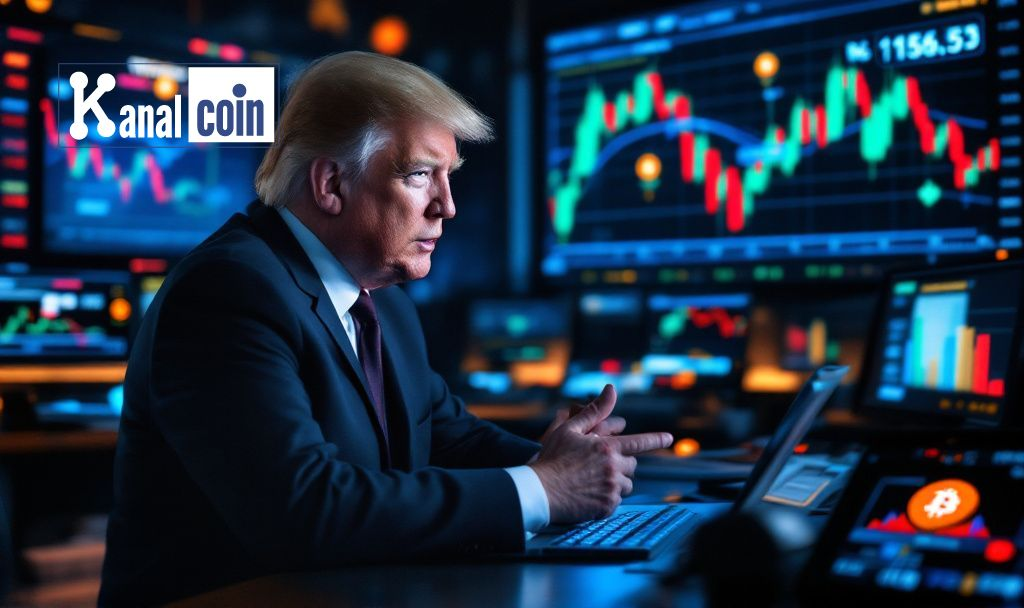
SEC Crypto Task Force Plans Four Public Roundtables
The U.S. Securities and Exchange Commission (SEC) announced that its Crypto Task Force will conduct four roundtable discussions in various U.S. cities over the coming months, starting in November.
These discussions aim to address evolving cryptocurrency regulations, ensuring stakeholders understand implications. Market observers are watching closely for potential regulatory shifts.
SEC Initiates Nationwide Crypto Dialogues in November
The SEC’s Crypto Task Force seeks to address the growing complexities of cryptocurrency. By hosting public roundtables in key cities, they aim to gather input from various stakeholders and provide guidance. This series will commence in November and continue into 2024. Involved parties include regulators, industry leaders, and investors. The SEC aims to foster a dialogue about ongoing regulatory challenges and adaptations in the crypto marketplace. These events are considered crucial for future policy formation and transparency in the sector.
Industry Divided on SEC’s Regulatory Engagements
Industry stakeholders have expressed varying opinions. Some see these roundtables as a positive step towards clearer regulations, while others question the SEC’s adaptability to fast-paced crypto innovations. The initiative demonstrates the SEC’s commitment to sector transparency.
The outcomes could significantly impact financial and regulatory landscapes. Potential changes in regulations could either bolster investor confidence or pose challenges for crypto enterprises. Historic regulatory shifts had profound effects, and these discussions could shape future technological adaptations.
“The Crypto Task Force roundtables are an opportunity for us to hear a lively discussion among experts about what the regulatory issues are and what the Commission can do to solve them.” — Hester M. Peirce, Commissioner, SEC
Historic Parallels in SEC Cryptocurrency Oversight
SEC’s past regulatory efforts remind observers of significant industry shifts, often resulting in market volatility. Comparably, previous discussions around blockchain regulation resulted in increased compliance measures. These roundtables might signal similar substantial changes. Experts from Kanalcoin emphasize the need for adaptive regulations. Historical trends suggest policy adjustments often create ripple effects across markets. They advocate for an approach blending regulatory caution with technological innovation insights, potentially leading to sustainable growth in the crypto sector.









